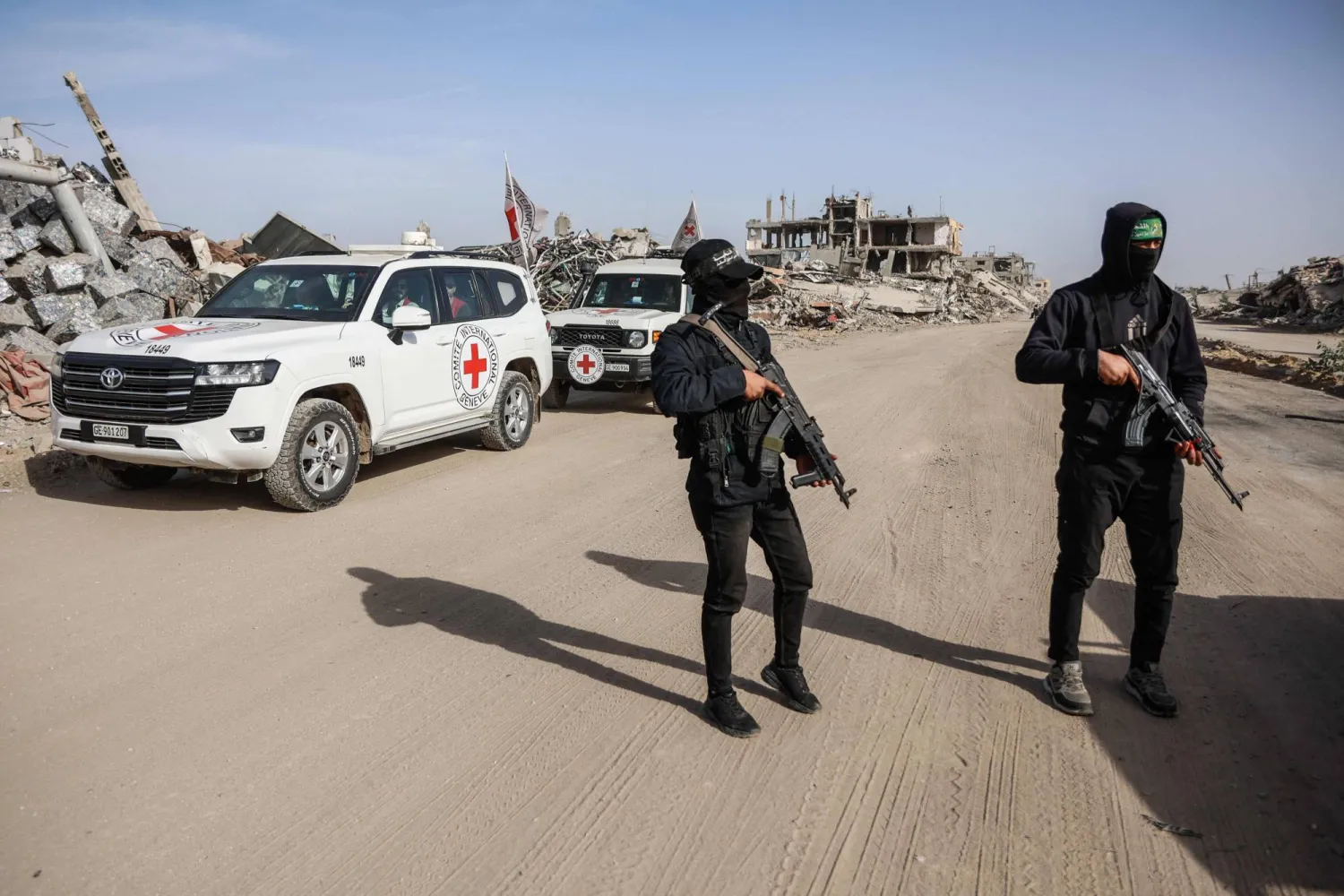Israeli Intelligence Minister Gila Gamliel said on Sunday the international community should promote "the voluntary resettlement" of Palestinians outside the Gaza Strip "instead of sending money to reconstruct" the enclave.
Writing in the Jerusalem Post, Gamliel proposed an option "to promote the voluntary resettlement of Palestinians in Gaza, for humanitarian reasons, outside of the Strip."
The Likud minister also criticized the United Nations Relief and Works Agency for Palestine Refugees (UNRWA).
"Instead of funneling money to rebuild Gaza or to the failed UNRWA, the international community can assist in the costs of resettlement, helping the people of Gaza build new lives in their new host countries," she continued.
She said Israel has tried many different solutions, such as withdrawing from the settlements in the Gaza Strip, conflict management, and building high walls, but they all failed.
"Gaza has long been thought of as a problem without an answer," Gamliel wrote, adding: "It could be a win-win solution: a win for those civilians of Gaza who seek a better life and a win for Israel after this devastating tragedy."
On Oct. 7, Hamas launched an unprecedented attack in Israel, killing 1,200 people and capturing about 240 persons.
Since then, the Israeli army has been relentlessly bombing the Strip to eliminate Hamas.
According to the Hamas government, at least 13,000 people were killed, two-thirds of whom are women and children.
After 44 days of war, more than 1.6 million Gazans are displaced, equivalent to two-thirds of the population of the enclave.
About 80 percent of Gaza's population are refugees or the children and grandchildren of refugees who left their homes during the Nakba during the establishment of Israel in 1948.
Various officials, including Palestinian President Mahmoud Abbas, have warned of a "second Nakba" in wake of the Israeli attack.









